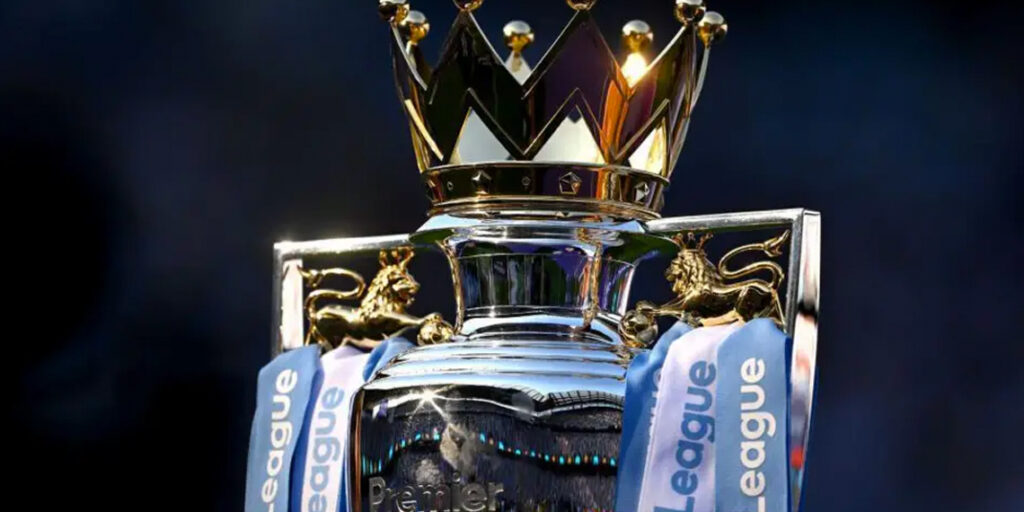Premier League clubs have voted to implement amendments to rules governing commercial deals, a contentious decision opposed by Manchester City, Newcastle United, Nottingham Forest, and Aston Villa.
At a meeting held in London on Friday, 16 clubs supported the changes to the Associated Party Transaction (APT) regulations, while four voted against. The decision was made swiftly, taking less than 30 minutes.
Manchester City and Aston Villa had previously written to other clubs, urging them to reject the amendments, but their efforts fell short.
The APT rules, introduced by the Premier League, aim to prevent clubs from gaining an unfair advantage through commercial or sponsorship deals with companies linked to their owners that exceed “fair market value.”
The latest changes, according to a Premier League statement, focus on “integrating the assessment of shareholder loans” and reversing some amendments made to the APT rules earlier this year.
“The purpose of the APT rules is to ensure clubs do not benefit from artificially inflated commercial deals or cost reductions due to relationships with associated parties,” the league said.
The amendments follow a tribunal panel’s earlier ruling that certain aspects of the APT regulations were unlawful.
The vote underscores a growing divide among Premier League teams. Representatives from Chelsea and Manchester United reportedly urged clubs to approve the changes, emphasizing the need for rules that ensure fairness and competitive balance.
Proponents of the amendments argued that rejecting the changes could give state-backed clubs like Manchester City and Newcastle United the freedom to secure disproportionately lucrative sponsorship deals, potentially fuelling wage inflation and distorting the competition.
However, Manchester City has strongly opposed the amendments, calling them “unlawful” and accusing the Premier League of “rushing through” changes without awaiting further determinations from the tribunal. The club’s stance has reportedly gained support from Newcastle United, Nottingham Forest, and Aston Villa.
The vote is unlikely to resolve the ongoing tensions. Manchester City, already facing over 100 charges of alleged financial rule breaches, has indicated it may pursue further legal action, which could increase the Premier League’s mounting legal costs.
Observers note that the league likely saw Friday’s vote as a test of its ability to uphold rules aimed at maintaining competitive integrity. A rejection of the changes might have weakened the APT regulations further, undermining the league’s stated commitment to fairness.
The vote highlights the growing fractures within a league that once prided itself on unity.
Critics warn that the Premier League’s handling of the issue risks exacerbating tensions between clubs, particularly between those with state-backed owners and others concerned about financial fairness.
Friday’s decision, while significant, is unlikely to mark the end of the dispute. With Manchester City threatening litigation and deep divisions between clubs, the matter seems set to escalate further.


